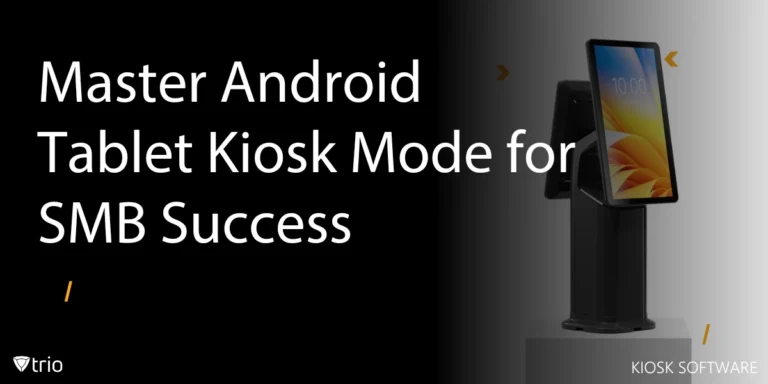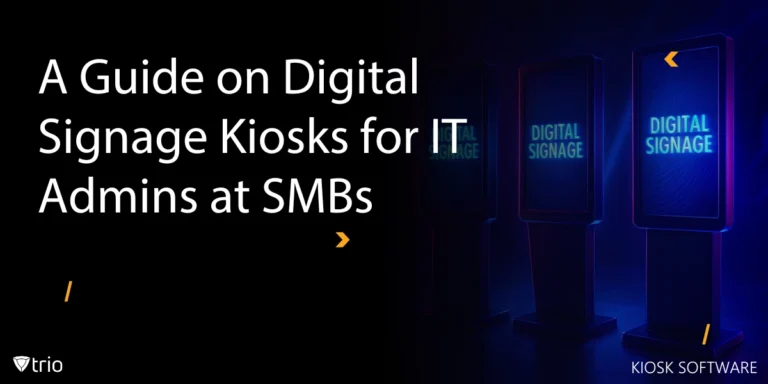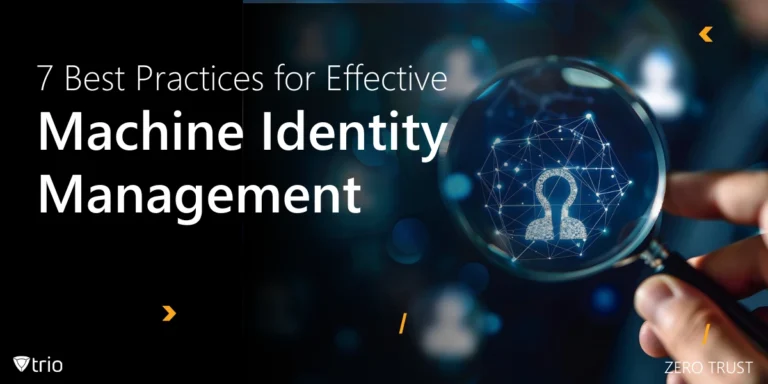Effective IT asset management is critical for organizations to maximize the value of their technology investments and ensure the smooth operation of their IT infrastructure. According to MarketsAndMarkets, the Asset Management System Market will grow to USD 27.4 billion by 2025. An IT asset management policy template provides a structured approach to managing hardware and software assets throughout their lifecycle, from acquisition to disposal. Such a policy helps organizations keep track of their assets, ensure compliance with regulatory requirements, and optimize the use of their IT resources.
By implementing a comprehensive IT asset management policy, organizations can avoid common pitfalls such as asset loss, inefficiencies, and non-compliance with licensing agreements. A well-defined policy sets clear guidelines for the acquisition, usage, maintenance, and disposal of IT assets, ensuring that they are utilized effectively and securely. This not only improves operational efficiency but also helps in making informed decisions about future IT investments.
What Is Asset Management?
An effective IT asset management policy encompasses several key elements that are crucial for the proper management of IT resources. First, it includes an asset acquisition process that ensures all IT assets are purchased through approved channels and within budget constraints. This helps in maintaining consistency and cost-effectiveness in asset procurement. Next, it outlines the procedures for tracking and inventory management, ensuring that all assets are logged and regularly updated in the inventory system.
The policy also defines usage guidelines, which specify who can use the assets and under what conditions, ensuring that all assets are used appropriately and securely. Maintenance procedures are another critical component, detailing the regular checks and updates required to keep the assets in optimal condition. Finally, it covers asset disposal processes, ensuring that decommissioned assets are disposed of in a secure and environmentally friendly manner. By including these asset management best practices, organizations can ensure the efficient and secure management of their IT assets throughout their lifecycle.
Integrating Mobile Device Management (MDM) Solutions
With the increasing use of mobile devices in the workplace, managing these assets has become a significant aspect of IT asset management. Mobile Device Management (MDM) solutions are essential tools for tracking, managing, and securing mobile devices such as smartphones, tablets, and laptops. MDM solutions enable IT administrators to enforce policies, ensure compliance, and provide remote support for mobile devices, making them an integral part of a comprehensive IT asset management strategy.
Integrating an MDM solution like Trio into your IT asset management policy ensures that all mobile devices are accounted for and managed efficiently. Trio provides features such as remote device wiping, application management, and security policy enforcement, which help protect organizational data and maintain compliance with security standards. By incorporating Trio into your asset management policy, you can ensure that mobile devices are used securely and effectively, supporting the overall goals of your IT asset management strategy. Try out Trio’s free demo today!
The Benefits of a Comprehensive IT Asset Management Strategy
Implementing a comprehensive IT asset management strategy offers numerous benefits, including improved asset visibility, cost savings, and enhanced security. By maintaining an accurate inventory of IT assets, organizations can better track and manage their resources, reducing the risk of asset loss or theft. This visibility also enables more informed decision-making regarding asset purchases, maintenance, and replacements, leading to cost savings and more efficient use of IT budgets.
Moreover, a robust IT asset management strategy enhances security by ensuring that all assets are properly maintained and protected. Regular updates and maintenance reduce the risk of security vulnerabilities, while clear usage and disposal guidelines help prevent unauthorized access to sensitive data. Additionally, compliance with licensing agreements and regulatory requirements is easier to achieve with a well-defined asset management policy, avoiding potential legal and financial penalties.
Free IT Asset Management Policy Template
In conclusion, having a solid IT asset management policy is essential for any organization looking to optimize its IT resources and maintain a secure and efficient IT environment. By integrating Mobile Device Management solutions and following best practices for asset acquisition, usage, maintenance, and disposal, organizations can ensure that their IT assets are managed effectively throughout their lifecycle.
To help you get started, we have created a comprehensive IT Asset Management Policy Template that you can customize to fit your organization's specific needs. This template includes all the essential components and guidelines to establish a robust IT asset management framework.
Take the first step towards a more organized and compliant IT asset management strategy with our expertly crafted template.
Get Ahead of the Curve
Every organization today needs a solution to automate time-consuming tasks and strengthen security.
Without the right tools, manual processes drain resources and leave gaps in protection. Trio MDM is designed to solve this problem, automating key tasks, boosting security, and ensuring compliance with ease.
Don't let inefficiencies hold you back. Learn how Trio MDM can revolutionize your IT operations or request a free trial today!





